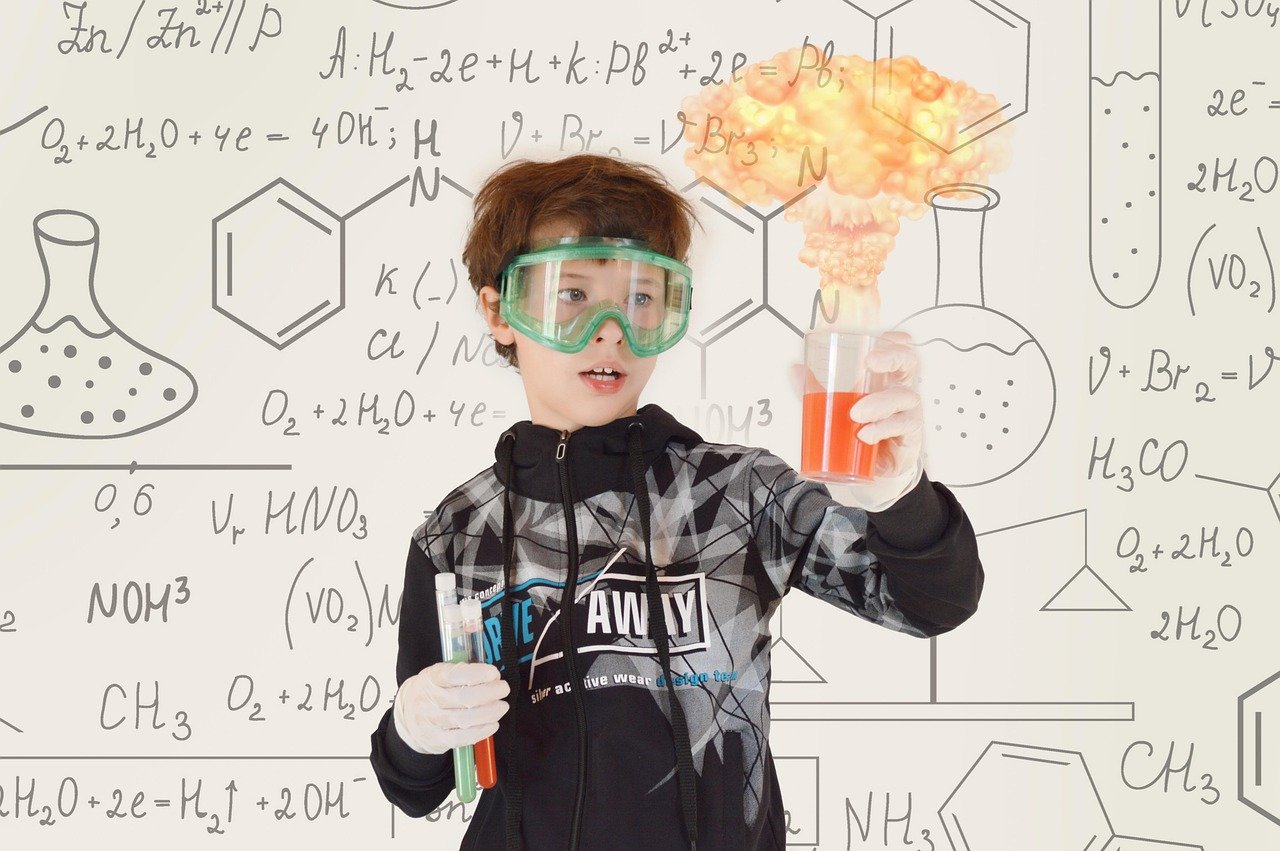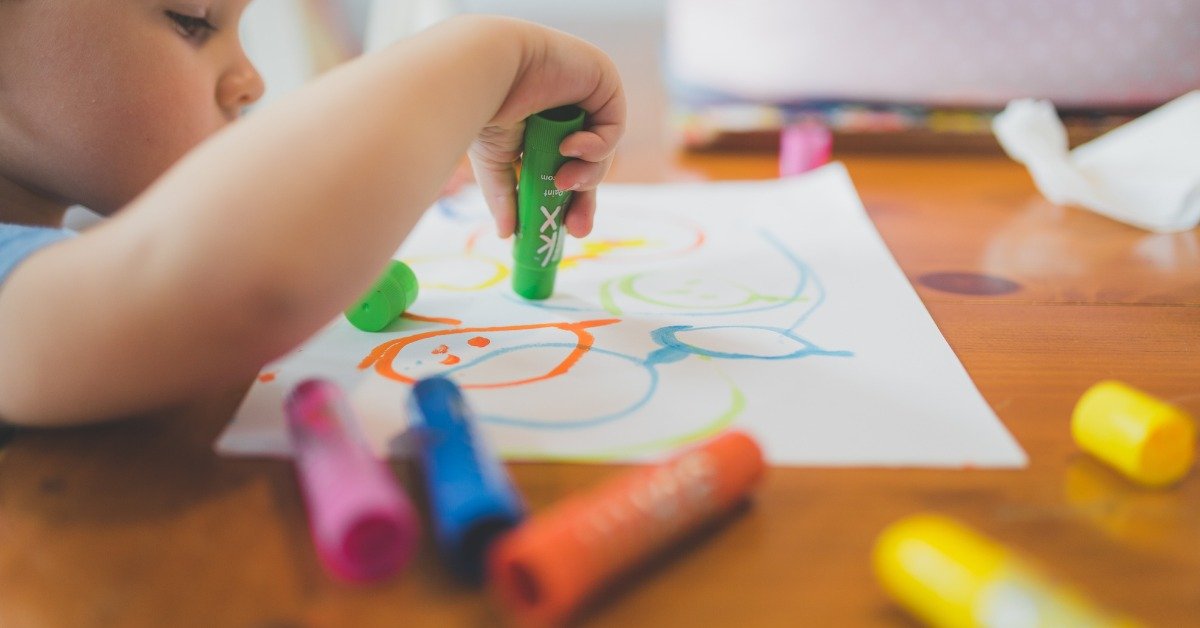Science education is not just learning that takes place in schools. It is a topic of exploration that encourages curiosity, intelligent thinking, real-life experiences, and practical skills for shaping the thinkers and innovators of tomorrow. Now more than ever, fostering intelligent and curious students is imperative in a modern world where technological development and discoveries rarely stop. There is also strong science teaching that not only develops knowledge, but also develops experimental skills and understanding about ideas such as electronic configuration that are fundamental to being scientifically literate.
Inspiring Curiosity through Inquiry-Based Learning
One of the greatest potentials we have in science education is the ability to inspire curiosity. Science is about questioning, investigating, and finding evidence. If students can ask (and want to ask) “Why?” and “How?”, learners become part of the process and gather experiences from which to develop knowledge.
Inquiry-based learning motivates students with the opportunity to explore hypotheses, conduct experiments, and draw authentic conclusions. Throughout this process, curiosity develops as students start to see the meaningfulness of their questions when learning experiences arise from investigations. The student who once memorized facts, but aligned with a textbook, now wants to learn more about how the natural world works.
The Importance of Experimental Skills
A cornerstone of science education is the development of experimental skills. These practical abilities include designing experiments, handling laboratory equipment safely, observing accurately, collecting and analyzing data, and interpreting results. Such skills are not confined to the science lab — they translate into critical thinking and problem-solving abilities that are applicable in everyday life and across various professions.
Consider the significance of experimental skills in fostering logical reasoning. When students conduct any kind of experiments, they must plan procedures, control variables, and critically assess outcomes. They learn to approach problems methodically, weigh evidence, and remain open to revising their ideas based on new data and evidence.
Moreover, developing experimental skills builds confidence and independence. A student who knows how to test a theory or troubleshoot a failed experiment gains resilience and perseverance — qualities essential for success in any field.
Connecting Concepts: Electronic Configuration as a Key Example
Developing experimental skills is a key aspect to science education. These practical skills encompass several distinct abilities: designing, executing, and evaluating experiments; using lab equipment safely and accurately; accurately observing; gathering and analysing data; and interpreting experimental outcomes. These skills are not limited to science labs; they connect to critical thinking and problem-solving skills used in all realms of life and work.
Think about the value of experimental skills in developing logical reasoning. When students engage as scientists, thinking through experiments requires planning (developing a procedure), critiquing the steps by comparing controls and variables, and evaluating the process to accept or reject outcomes. Their minds develop analytical methods and procedures as they learn to think sequentially about problems and ideas, consider their relevance, and remain flexible in adjusting those considerations when new data or observations challenge their initial assumptions.
Additionally, experimental skills instill subsequent confidence and independence. Consider a student who knows how to test an idea or theory or troubleshoot an experiment that has failed. This student is gaining resilience and perseverance, both valuable assets in every career.
Science Education Encourages Interdisciplinary Thinking
A modern science curriculum often integrates disciplines, demonstrating to students how physics, chemistry, biology, and technology intersect and intertwine. For instance, studying electronic configuration is not solely a chemistry topic; it has implications in physics, materials science, and even computer science, especially in the field of semiconductors and electronics.
By exposing students to interdisciplinary connections, science education broadens their perspective. They learn that knowledge isn’t isolated but interconnected, fueling curiosity to explore how concepts in one field influence innovations in another. This kind of thinking is crucial in a world where challenges such as climate change, renewable energy, and health crises require solutions that transcend scientific boundaries.
Science Builds Lifelong Skills
Beyond knowledge of facts, science education equips students with lifelong skills essential for personal and professional growth. These include:
- Critical thinking: analyzing information, questioning assumptions, and drawing reasoned conclusions.
- Problem-solving: applying knowledge creatively to find solutions.
- Communication: explaining complex ideas clearly and persuasively.
- Collaboration: working effectively in teams, both in labs and in broader projects.
- Digital literacy: using modern tools and technology for research, experimentation, and data analysis.
In a world saturated with information — some of it misleading — these skills empower individuals to navigate complexities and make informed decisions.
Conclusion
Science education is vitally important in developing intelligent and inquisitive students prepared to face the challenges and opportunities of the modern world. By developing practical skills and understanding concepts including electronic configuration, science teaches students to think critically, ask important questions and make connections outside of science.
While building curiosity and developing practical skills are not only the goals of science teachers, they are an investment in the future. By developing intelligent, curious thinkers today, we create the tools and knowledge that will one day lead to discoveries, innovations and solutions for tomorrow’s world.
READ ALSO: 4 Career Paths for Nurses With Master’s or Doctorate Degrees











